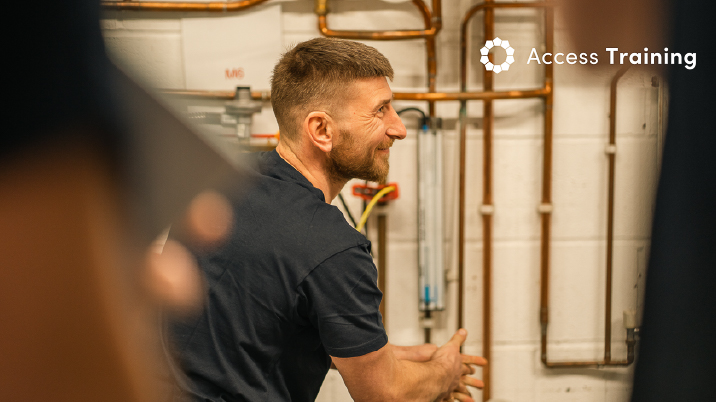
Are you tired of hearing about the traditional university path and its hefty student loans? Did you know there are lucrative skilled trades in the UK that offer impressive salaries without a degree? In this article, we're diving into the world of these rewarding careers, revealing the top earners and highlighting exciting options without needing years of university studies.
More...
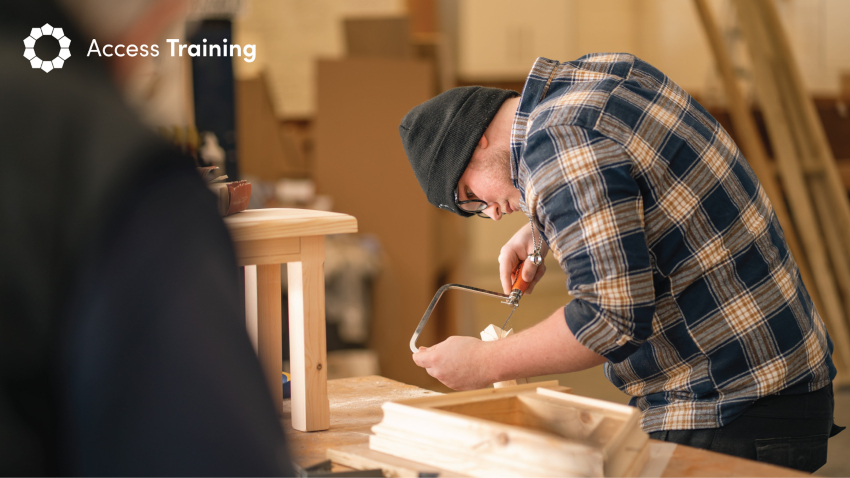
Losing your job can be a real punch to the gut, but don't worry, there are always other paths to explore. Think of it as a chance to learn new skills, get a fresh start, and rekindle your career with the right support. At Access Training, we are here to guide you every step of the way, especially if you're thinking about switching to the trades after getting laid off.
More...
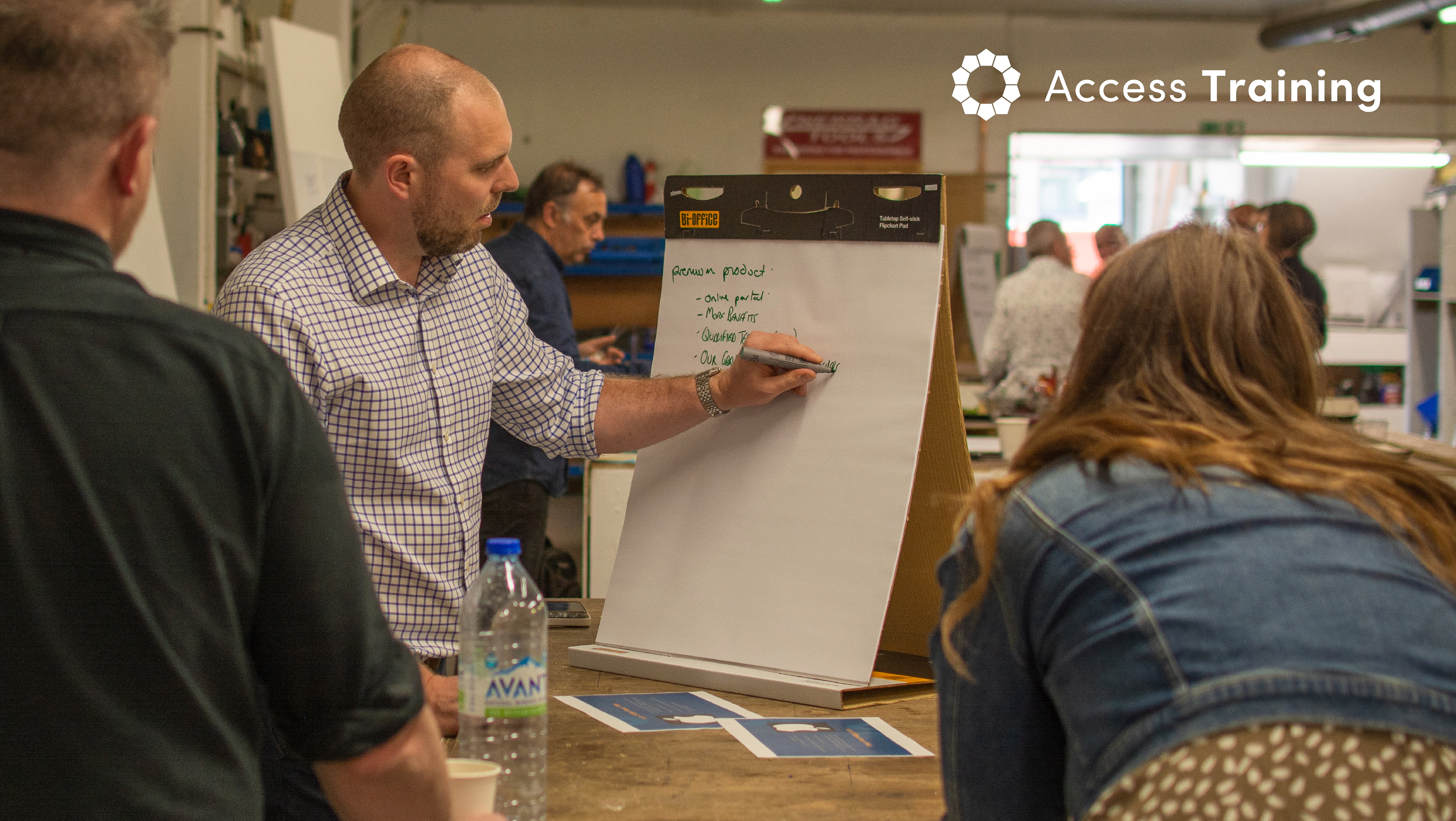
The world of trades and skilled craftsmanship plays a crucial role in our society, contributing to the construction, maintenance, and repair of essential infrastructure. Aspiring tradespeople often find themselves at a crossroads when it comes to choosing the most effective way to receive training. While colleges and apprenticeships have long been the norm, private trades training is an increasingly viable and efficient option.
More...
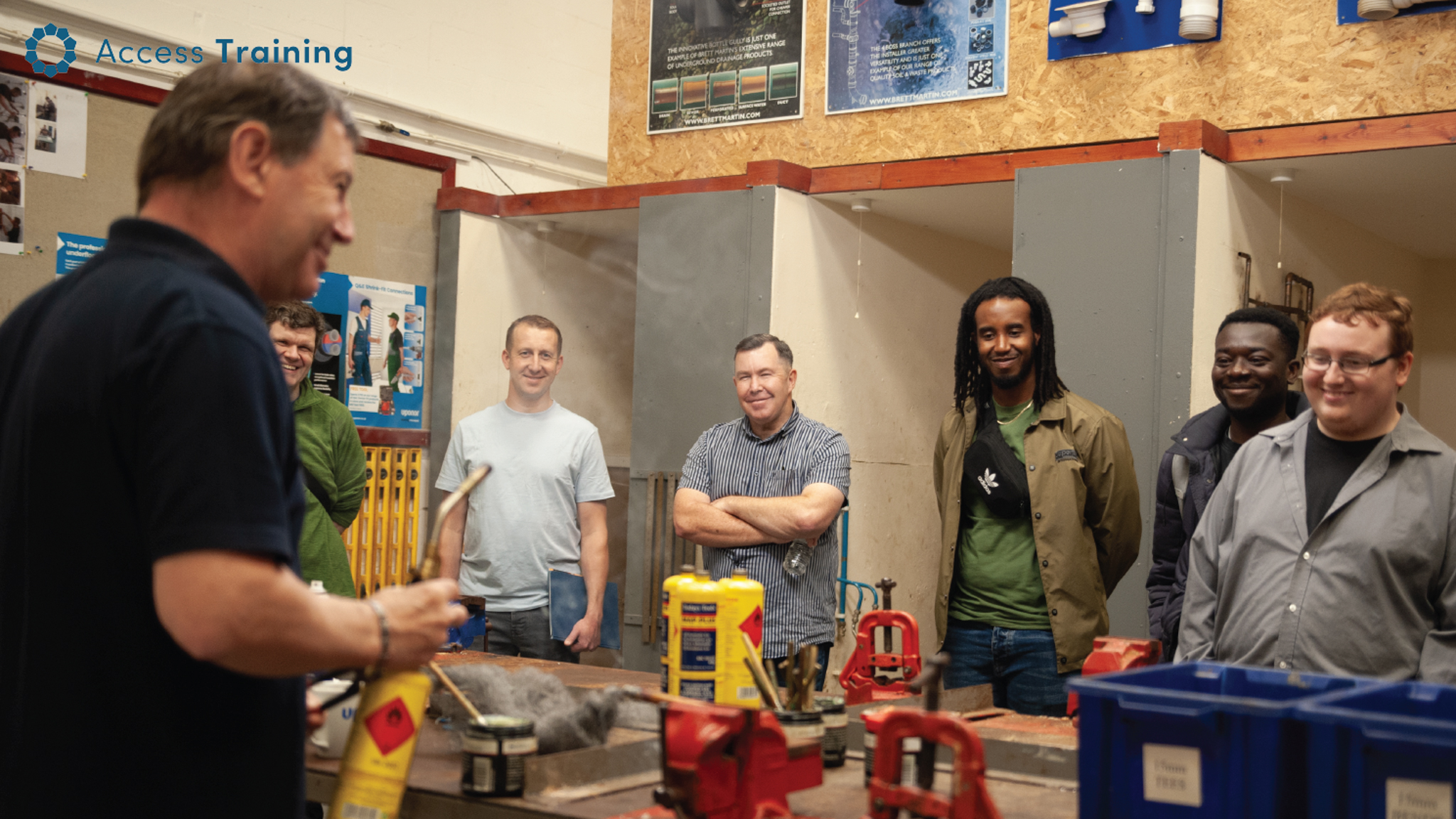
On Thursday 13th July, Access hosted their latest Open Day in Cardiff. From 10:00 - 13:00, over 70 attendees made their way through the doors of our Cardiff Centre. The day promised exciting taster sessions in Electrics, Plumbing, Carpentry, Gas and Plastering, allowing for prospective students to see first-hand what they could learn on the trades courses and speak to our tutors.
More...
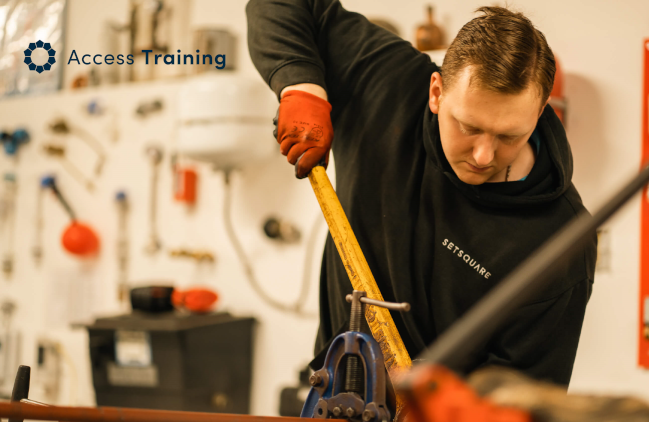
Why do plumbers earn so much?
Plumbers can earn a very rewarding salary for their time and effort due to the variety of industries they cover and the level and urgency of demand in the UK. There's a reason why there are emergency and on-call plumbers available up and down the country!
More...
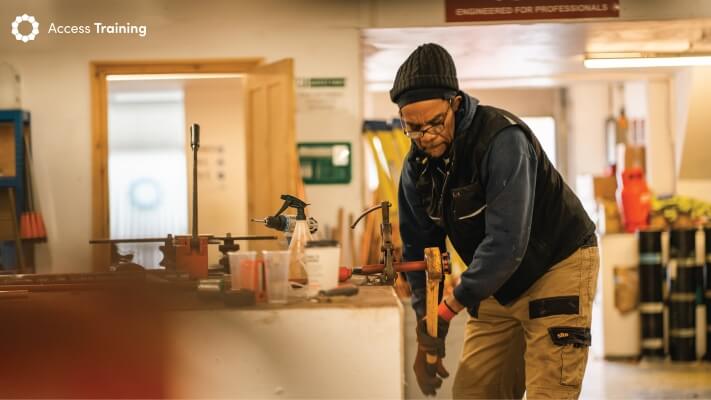
In short: a plumber installs, repairs, and maintains a building's water systems, from central heating to toilets, baths, and more.
Wondering whether you should become a plumber? There are plenty of reasons to take up this exciting trade. Read on to find out what you could do as a plumber.
More...

There are a lot of reasons you might call a plumber to your house; maybe you’re planning a large scale bathroom renovation, have a leaky tap that needs fixing, or are looking for an emergency fix to a DIY mishap that has left your bathroom flooded. Either way, you’ll be picking up your phone and searching for “good plumbers near me”.
While there are lots of different scenarios that might require you to call a plumber, have you ever wondered when might be the best time to call? When are plumbers the busiest? Whilst plumbing might not be a profession you’d typically associate with seasonality, research has shown that there actually is a busiest time of year for plumbers.
More...
According to PHAM News, plumbers pay has stabilised in 2020 with Hudson Contract reporting that plumber earnings are currently at £47,000 per year.
Self-employed plumbers have earned an average of £976 a week last month – the equivalent of a £47,000 annual salary – according to Hudson Contracts, the construction industry’s biggest payer of subcontractors. Plus they also said that earnings in October 2020 were above levels achieved between April and June this year.
The levels earned by plumbers contracting in Wales saw the strongest growth in October with an increase of 9.4%. Plumbers earnings in the north of England, namely Yorkshire and Humber, neared 12.5% and in the East Midlands earrings rose by 5.3%.
PHAM News quoted Ian Anfield, MD of Hudson, commenting on earnings for plumbers,
“Our clients are telling us they have full order books and that demand for skilled trades continues to outstrip supply. Our clients say it will be business as usual up to Christmas…’
This is obviously good news given the gloomy scenario many are facing in other sectors right now as the economy falters in many areas. As a career changer with the possibility of becoming an independent contractor, the future could be bright if you choose plumbing as a career. At Access Training, we are always striving to provide you with the professional level of training, knowledge and skills needed to become a skilled plumber allowing you the opportunity to take advantage of this growth in earrings.
To find out how to become professionally certified in a trade such as plumbing or to simply discuss the career options available to you, call us today.
Learn your trade. Get qualified. Make it happen.